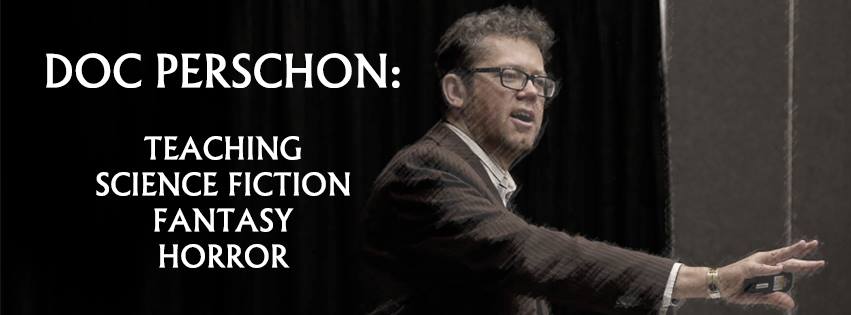My friend George Hardy was dying of cancer, and had recently entered palliative care. We had hoped to see the last Hobbit movie together, for George was a great fan of Peter Jackson's vision of Middle-Earth. Instead, a friend and I decided to read the final chapters of the book out loud, from "Fire and Water" onward. We each came with a copy of the book, and sat beside George's bed. The room contained three other beds, with three noisy tenants. From one, a sporting event on the television, from another, loud, wracking coughs, and from the third, hard rock.
We began to read, but the noise of television, hard rock, and respiratory sickness distracted us. We stumbled over words, mispronounced others. George lay, eyes closed, listening. We kept reading. And then it happened. Smaug the dragon was slain by Bard’s arrow, and Tolkien's language was so evocative, so powerful, we had to pause, then read it again.
The dragon swooped once more lower than ever, and as he turned and dived down his belly glittered white with sparkling fires of gems in the moon – but not in one place. The great bow twanged. The black arrows sped straight from the string, straight for the hollow in the left breast where the foreleg was flung wide. In it smote and vanished, barb, shaft, and feather, so fierce was its flight. With a shriek that deafened men, felled trees and split stone, Smaug shot spouting into the air, turned over and crashed down full from on high in ruin.
George cried, commenting on Tolkien's writing. The language is spare, but wove the spell of illusion nonetheless. The noise of the hospital faded into the background, and we were gone. We were with Bard and the people of Lake Town. We were with Bilbo and the Dwarves. We were at George's bedside, but also Thorin's, as he breathed his final words.
We read on for two hours, until we read the last lines of The Hobbit. Despite his exhausted condition, Geroge never drifted off. With the Hobbit complete, we went on to begin Fellowship of the Ring, leaving a copy for other visitors to read to George. As George slid from lucidity, one of our readers halted our journey before the breaking of the Fellowship, for he did not want to end on such a dark note. George died a few days later, but had left me one final gift: he had reminded of the power of fiction, that thing which is "just" a story. "Just," indeed. We had been transported.
Too often, literary analysis decries escapism or entertainment, forgetting that fiction is the beautiful lie that lifts us from the mundane. We laugh, cry, despair, and are terrified over events and people who have never existed, and in some cases could never exist. We forget that we are brokenhearted, broken in spirit, or just plain broke. We forget for a moment that we are at death's door. If this is all that story does, then it is precious. A blank page becomes something magical in the writer’s hands. Something from nothing. And so no, literature cannot cure cancer; but for the time, neither can science. And so while we wait for the cure, we read.



